While the phrase “biological clock” has often been associated with women and their fertility, it turns out that every living thing, be it a woman, man, animal, plant, insect, or alga, has an internal “body clock” determined by a variety of biological rhythms.
The earth itself has rhythm. Every 24 hours, the planet spins on its axis, bathing its surface alternately in darkness and sunlight. Organisms have evolved to keep time with the globe’s dark or light beat. From algae to people, they all do so using the most important timekeepers that exist: circadian, or daily, clocks that allow living things to schedule their days so they won’t be caught off guard by sunset and sunrise.
In humans, the biological clock helps the brain synchronize sleep and wake with light. But scientists point out that we have more than one biological clock. There’s one of these ticking in nearly every cell in the body. There’s one in the liver. There’s also one in the fat tissue.
Want to learn more about your circadian rhythm? Here are 10 facts you probably didn’t know!
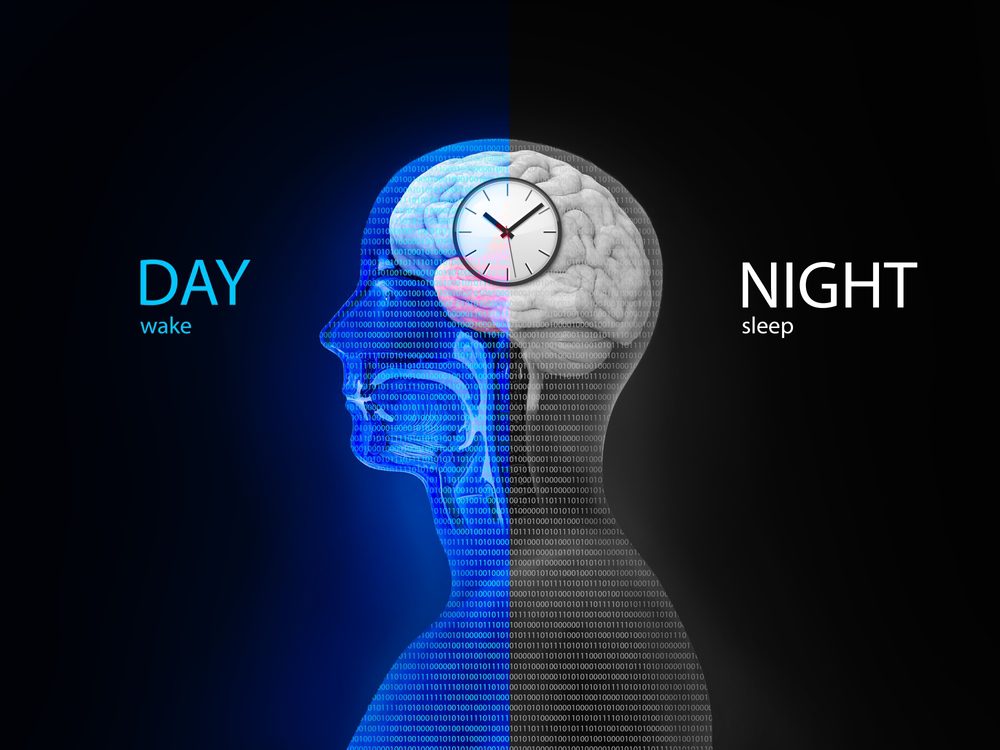
1. It’s a complex clock
Your body clock doesn’t work like the watch you probably own. The biological rhythm is a series of clocks controlled by a single master clock located in the brain. According to experts, your body clock is like a system where genes include instructions for making proteins, which are produced in waves that fall and rise over a day in a kind of 24-hour cycle.
The master clock manages your biological rhythm using a group of approximately 20,000 nerve cells called the suprachiasmatic nuclei, located in the hypothalamus. This section of the brain is the one that governs hunger, body temperature, libido, and other body functions.
The patterns created not only dictate when it’s time to sleep and eat but also control heart rate and the production of blood sugar and blood cells. Although proteins and genes usually determine individual rhythms, outside factors related to darkness and light can also play a significant role in your biological clock.
2. Melatonin is our body’s sleep aid
Among the many hormones present in your body, the suprachiasmatic nuclei control the production of an important one that makes you want to curl up in a ball on your bed and catch some z’s. Its name is melatonin, and it’s a naturally occurring chemical that helps your body regulate your biological clock. The more of it your body produces, the more likely you are to get sleepy.
Your melatonin production schedule depends on your exposure to light. Since the suprachiasmatic nuclei are located just above the optic nerve, which is responsible for sending information from the eyes to the brain, the less light that comes in, the more melatonin the brain produces.
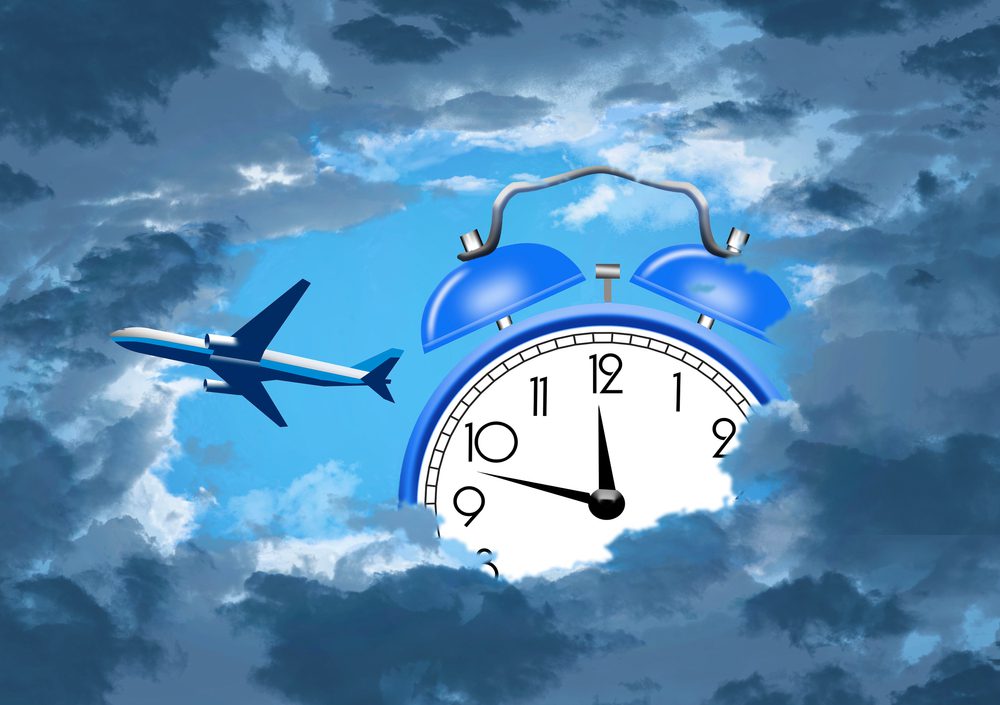
3. Your biological clock adapts to location changes
Think of your biological clock as a human version of the one you have on your smartphone. If you turn off your device when you board a plane in Los Angeles and turn it back on when you land in New York, you’ll notice that the clock automatically adapts to the time to reflect that you are now in a different time zone. That’s exactly what your body clock does; it adjusts to the new light and dark cycles on the West Coast.
Anyone who’s ever struggled with jet lag knows that the shift doesn’t occur right away. Your brain has been trained to release melatonin at a certain time each night and will at first continue to do so even when the optic nerve sends to the brain the information that it’s still light outside. Eventually, your brain will adjust the melatonin release to the darkness.
4. But it doesn’t adapt to daylight saving time
Most American, European, and Canadian timepieces spring forward every March, when the official time is moved up an hour to allow people to make the most of daylight. Believed to be originally Benjamin Franklin’s invention, daylight saving time grew popular during World War I and became the law of (most) of our country in 1966.
The problem with this twice-a-year adjustment is that no one seems to have consulted our biological clocks before agreeing to it. Moving the time forward an hour takes a toll on circadian rhythms, especially in the days immediately after the change when the sun rises around the same time.
One study showed that people’s body blocks never completely adjust to daylight saving time, and sleep behavior only returns to normal when we get back to regular time.
5. The post-lunch dip is natural
It happened to you too: right after having lunch, there’s a strong urge to sleep that you struggle to fight (unless you’re lucky enough to have a remote job and can give into it).
Your body’s biological clock is in a natural resting place after your noontime meal. But there’s another reason why you’re experiencing the post-lunch dip. There’s another system called sleep-wake homeostasis that generates sleep drive. Like a kind of internal timer, it tells your body when it’s time to sleep, especially after you’ve been awake for more than a few hours.
Put your body’s clock with this system together, along with a heavy lunch, and it’s no surprise you want to take a nap. Interestingly, not everyone experiences the feeling to the same degree. However, studies show that if you get a good night’s sleep, your urge to take a nap at lunchtime will be lessened.
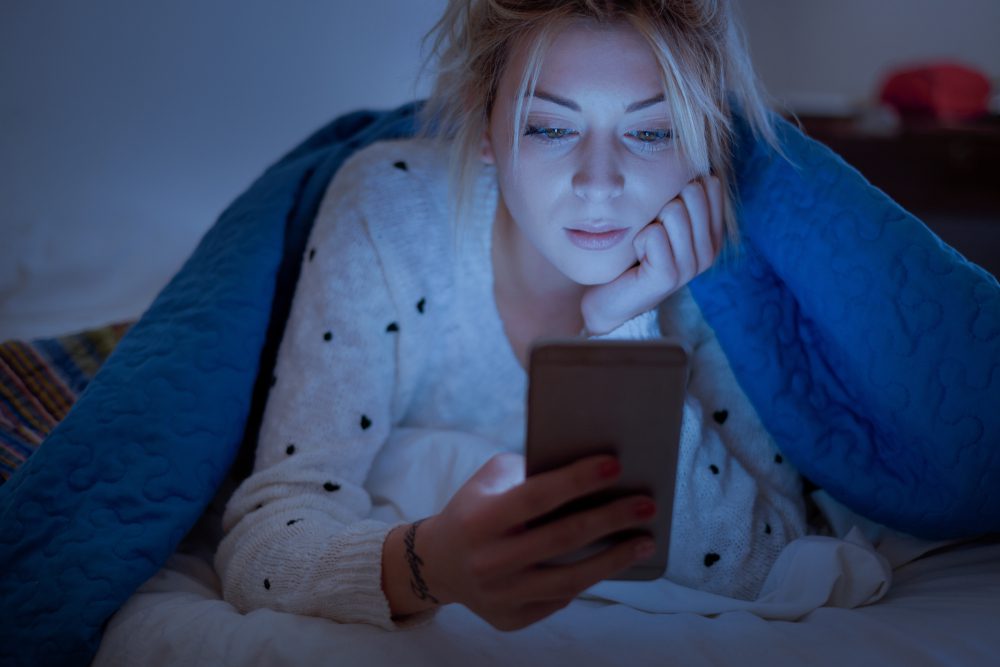
6. Electronic light warps your biological clock
If we’ve learned anything so far, it’s that your biological clock is usually wound to correspond to light and dark. When the sun sets and it starts to get dark at night, the brain tells the body it’s time for sleep by releasing melatonin into the bloodstream. So, what happens when you switch off every source of light in the evening?
For starters, artificial light can send mixed signals. Of course, a small and strategically placed nightlight may be necessary for walking from the bedroom to the bathroom when duty calls. But other sources of artificial light could throw your biological clock into disarray.
That includes light coming from a smartphone, computer, or television. Many people like to relax for the night by watching the latest blockbusters or streaming entertainment through their smartphones or tablets. If you bring those devices with you to bed, you may be tricking your brain into thinking it isn’t time for sleep yet.
7. Body clocks are as old as time
The Salisbury Cathedral clock is but a tiny whippersnapper when compared to the biological clocks that track circadian rhythms. Experts think the natural clock evolved over 3 billion years ago in cyanobacteria (a species of blue-green algae), but they can’t pinpoint exactly why it happened.
The Salisbury Cathedral clock is but a tiny whippersnapper when compared to the biological clocks that track circadian rhythms. Experts think the natural clock evolved over 3 billion years ago in cyanobacteria (a species of blue-green algae), but they can’t pinpoint why exactly it happened.
Some say the biological clock was nature’s way of leveling the playing field for living things competing for the same sources of energy. In other words, it’s thought that circadian rhythms developed so that some organisms feed during the day and others do it at night.
Want to learn more about sleep? Matthew Walker’s best-selling book provides a revolutionary exploration of sleep!
If you liked our article, you may also want to read 5 Incredible Theories About Immortality That May Become Reality.


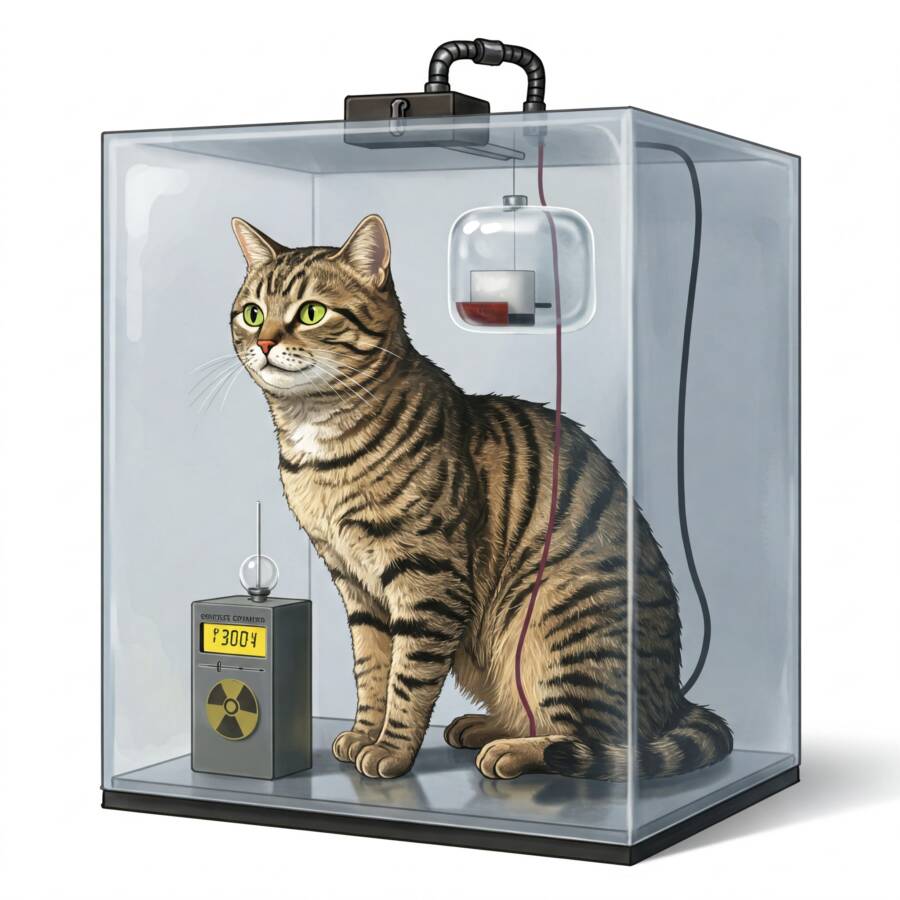


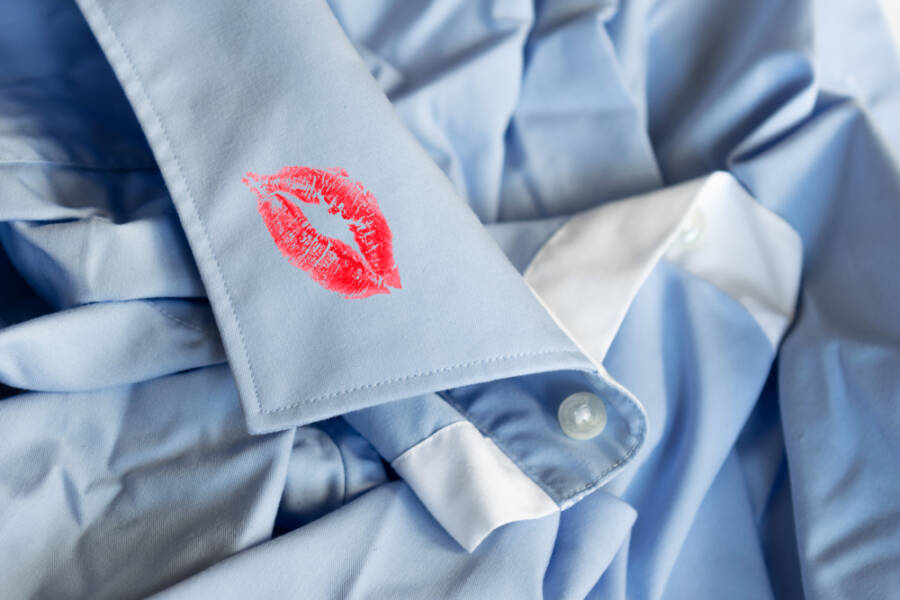
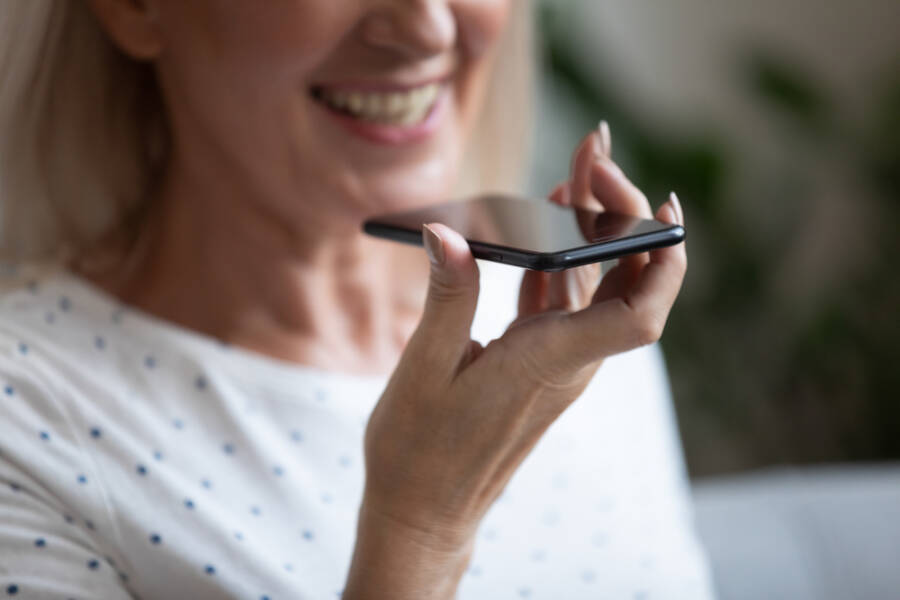
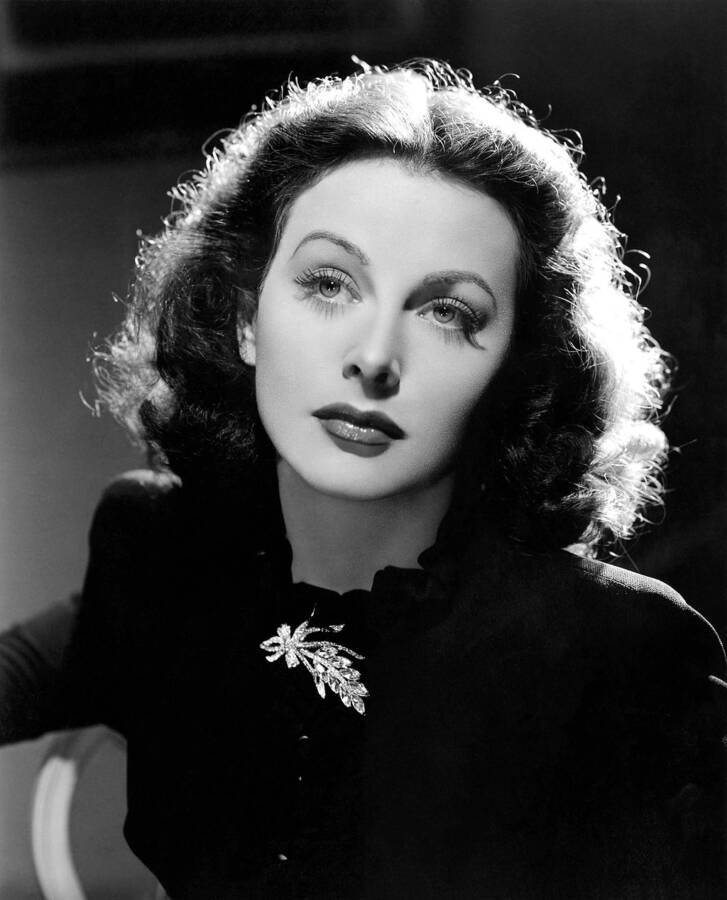


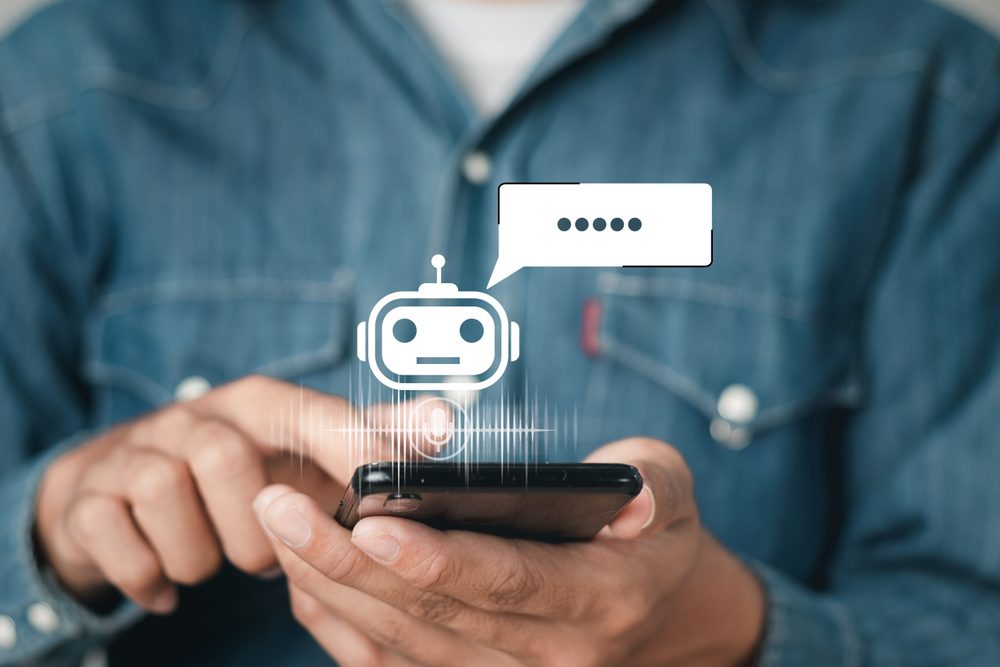
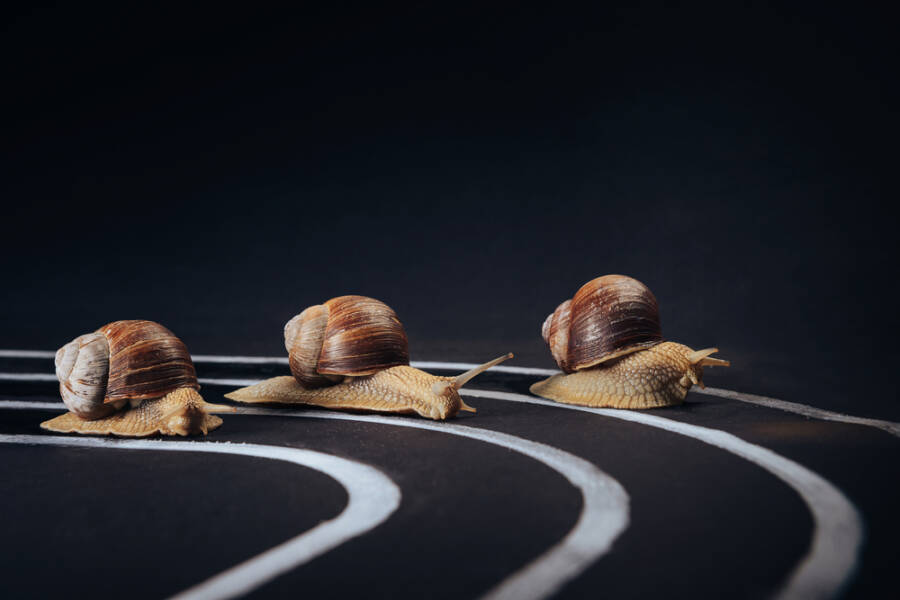


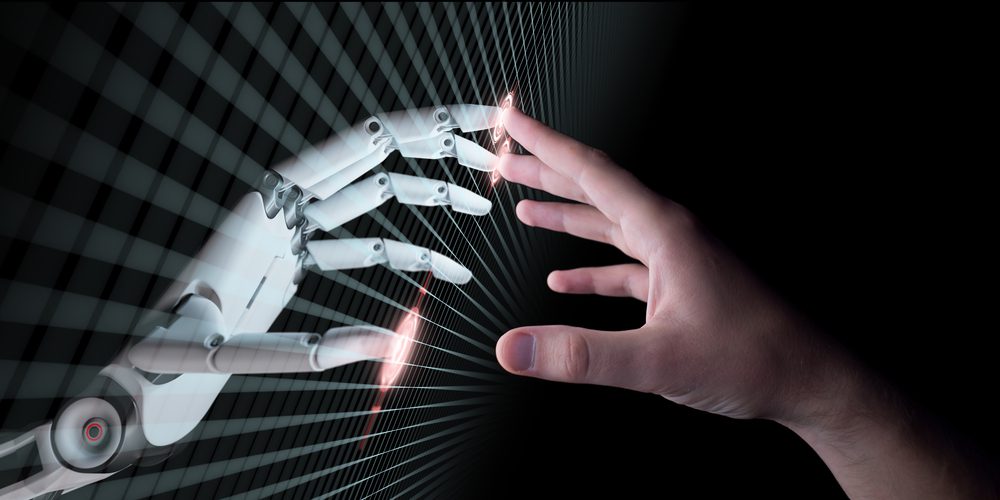
4 Responses
What about people who work night shift? I’ve been on night shift for 38 years. I’ve only missed five days of work since due to illness. I was told that I should have heart attacks, strokes and other accidents working this shift. I love going to work and I’m always in a joyful mood when I arrive. I don’t drink coffee or any other caffeinated beverages. It interferes with my sleep. I never sleep 8 straight hours. 5-7 of usually frequently interrupted lying down. I have hypertension but so do most people my age. No diabetes or other heart problems. I could retire now if I want too but I love my job. I am a RN. If you put me on dayshift, I would quit in a heartbeat.
A well written mini article about biological clock.
Wonderful article I love all the information about our biology clock
I really enjoy receiving your comments your information very informative. The problem is I too soon get old and too late smart.